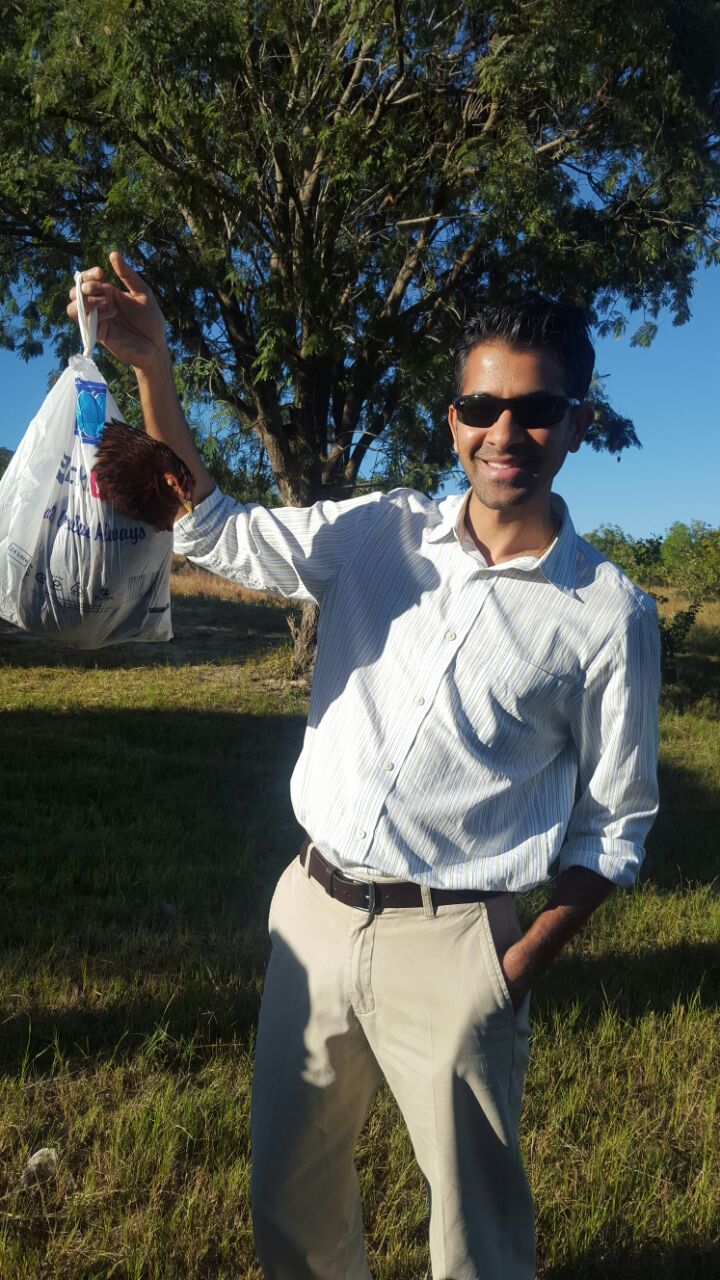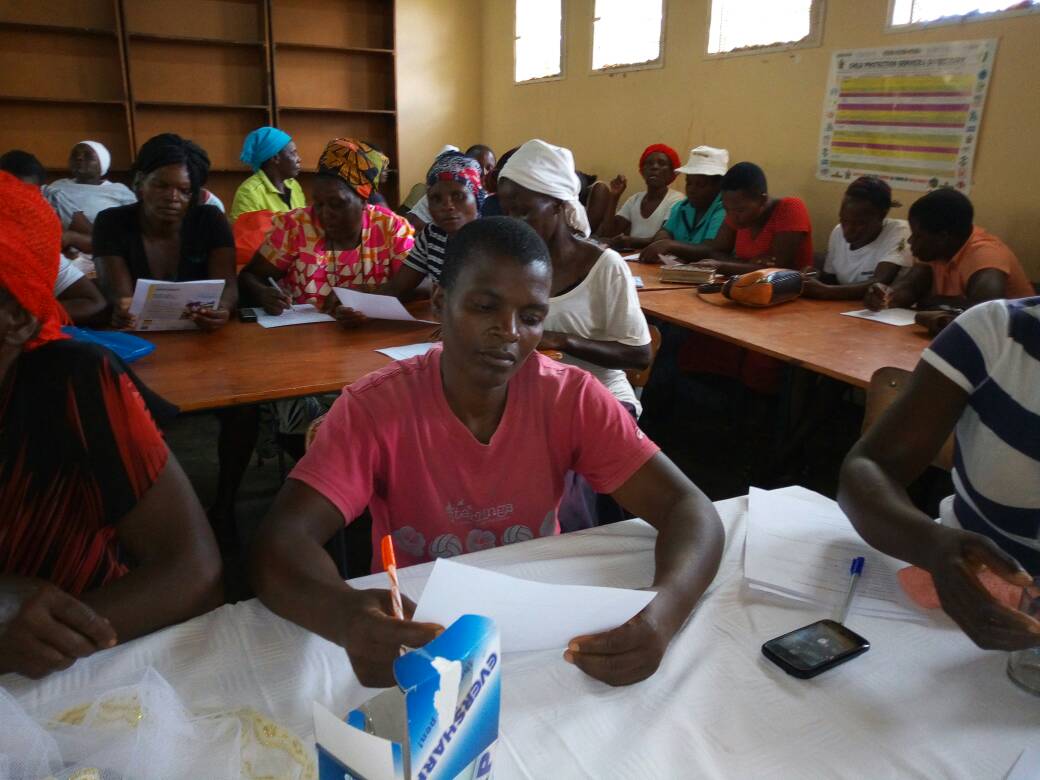SKI Charities’ mission—to bring entrepreneurship, education, and empowerment to women in Lebu, Chile, and Mutare, Zimbabwe—extends beyond providing loans to SKIC participants so that their businesses can begin to take shape.
We also work with women to build the confidence they need to network, achieve their goals, stand up to oppressive figures in their lives, and adopt healthy lifestyles. In doing so, we help combat both physical and psychological health issues that many women in Lebu and Mutare face. By equipping them with concrete skills and self-esteem, they gain the courage to create supportive infrastructures of their own, independent of the political ones that oppress them. With strong support systems and positive attitudes, many of these women are able to avoid mental health issues and even to deflect physical ones.
 We talked to our founder, Shyam K. Iyer, about the complications that many women face in Chile and Zimbabwe—and how the confidence they develop in SKIC programs helps them surpass these health-related obstacles.
We talked to our founder, Shyam K. Iyer, about the complications that many women face in Chile and Zimbabwe—and how the confidence they develop in SKIC programs helps them surpass these health-related obstacles.
Tell me about some of the health complications people face in Lebu.
I think some of the issues in Chile start with the fact that it’s a very conservative country. The laws have been very patriarchal for many many years. I was stunned to hear that the right to divorce for a woman was only granted in 2004.
Then when you go to a place like Lebu, domestic violence is a big problem there. HIV/AIDS, while not a big problem, is definitely rising. They have very strict reproductive rights.
And what about the complications that women face in Mutare.
Well in Zimbabwe, the story there is pretty similar to what you get in all of sub-Saharan Africa. HIV/AIDS is a major issue. The education behind having safe relations and being responsible when it comes to sexual health, that is still trickling down, not too many people receive that information.
And in a place like Zimbabwe that has been struggling so much with infrastructure, with investment, they have problems that have been otherwise eradicated from a health perspective. Things like cholera, the water isn’t clean. And that leads to other things like the mortality of mother and child during childbirth. People are at the mercy of the economic system and they don’t have a voice. They are going to struggle to change that and people are going to struggle to change it for them.
Can you talk about some of the psychological health issues in these areas?
That’s a big thing about what we do at SKI Charities because bottom line is, we’re dealing with women who are disenfranchised, economically excluded, and most likely have very little formal education. I wonder how hard it must be living day to day there. These are also patriarchal cultures where women are expected to take a step behind men and defer to men who themselves don’t exactly have their act together.
We always preach confidence, and all of our efforts are designed towards psychological health. That’s really where our team has done a great job. Our project managers  know they are a source of support and confidence for these women. That we hope will bring them independence and mental strength. In the end, it’s up to the women to take control of their lives, but we’re going to do our best to help.
know they are a source of support and confidence for these women. That we hope will bring them independence and mental strength. In the end, it’s up to the women to take control of their lives, but we’re going to do our best to help.
Are there any preventative measures you can help these women take, whether steering them towards vaccinations or providing mental support?
I think the whole idea of what we’re trying to do with SKI Charities is to put women in a position to be able to make those decisions and have the wealth to act upon what’s good for their health. Of course, earning money gives them access to medical care, hospitals, and even more abstract than that, they’re doing business, they’re trading in the community. It makes them more engaged, it makes them more knowledgable about what’s going on, they can hear about what hospital is good, where they can get their meds, where the resources are available.
Of course, it’s impossible to eliminate health risks, that’s something that we all deal with day-to-day. But we just want our beneficiaries to know that health is the most important thing, you cannot make money without good health. But then of course, without the money you can’t have the good health, so it’s a complicated situation. We’re not a health organization. When we choose women we don’t care about preexisting conditions or if they’re in a tough spot in terms of health. We just want them to work hard and understand that their health is really important.
And if they do encounter health issues, how do you help them through it?
We hope that they’ve built up enough of a system around them so that they can get people to support them. To be honest, whenever I visit them, beyond talking about their business, I always encourage them to plan for the worst and hope for the best, and part of that is their health.

